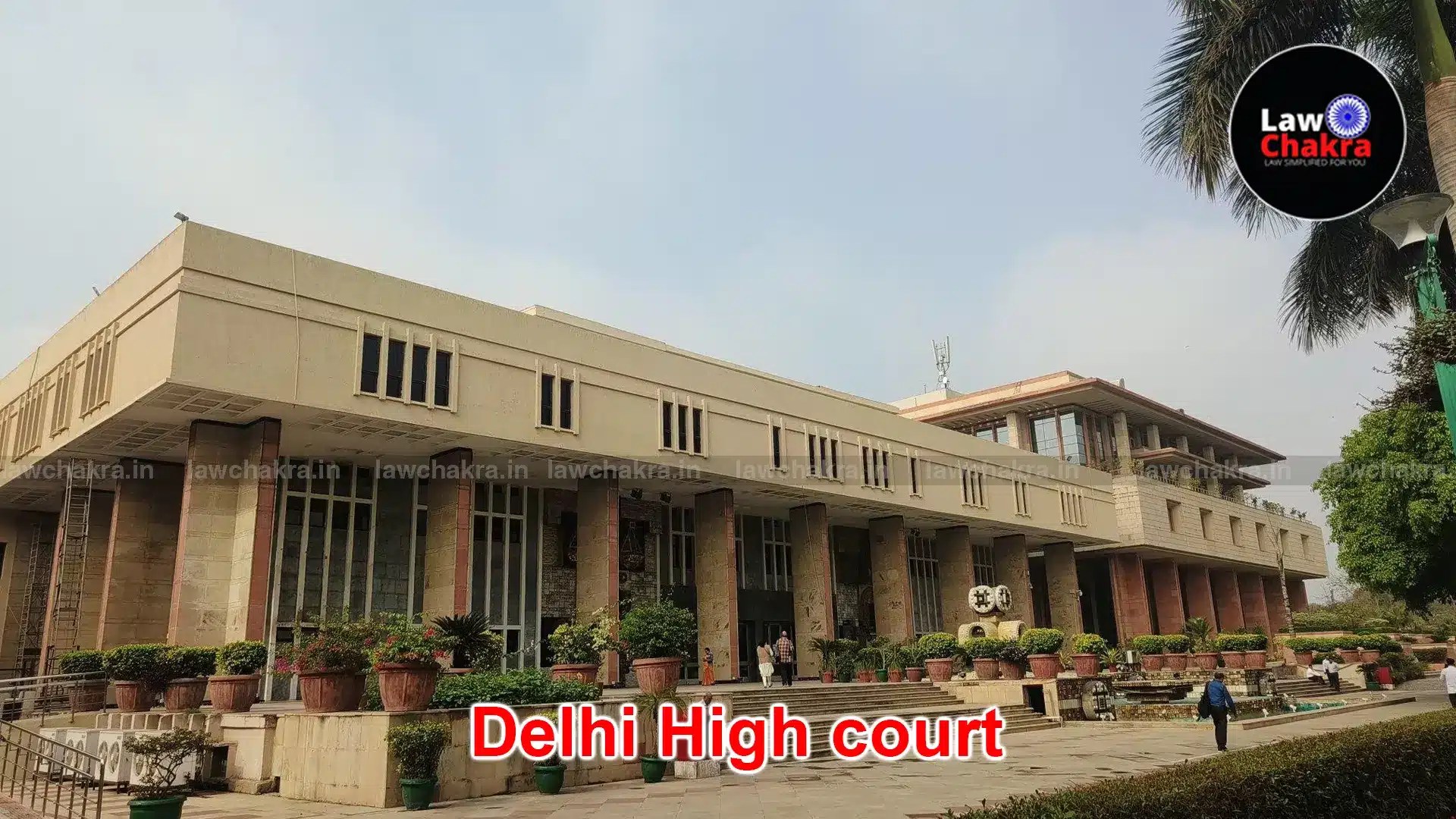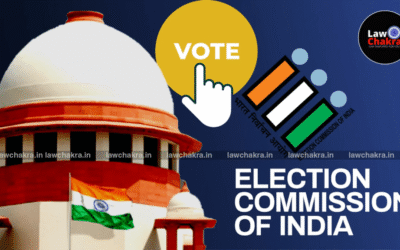Delhi High Court Rejects Banks’ Appeal, Clears Ratul And Nita Puri Of Wilful Defaulter Tag

Thank you for reading this post, don’t forget to subscribe!
The Delhi High Court ruled that banks failed to prove intentional misuse of borrowed funds by Ratul Puri and Nita Puri, striking down their wilful defaulter status. This decision highlights the need for solid evidence before labeling borrowers, protecting them from serious financial and reputational damage.
New Delhi: The Delhi High Court on Friday supported the earlier decision by a Single Judge that canceled the classification of Ratul Puri, former director of Moser Baer India Ltd (MBIL) and its subsidiary Moser Baer Solar Ltd (MBSL), along with his mother Nita Puri, as wilful defaulters under the Reserve Bank of India (RBI) Master Circular.
A Division Bench consisting of Justices C Hari Shankar and Ajay Digpaul dismissed the appeals filed by Bank of Baroda (BoB) and Punjab National Bank (PNB).
The court held that the wilful defaulter labels were not legally valid because the banks failed to prove with clear, verified, and objective evidence that the money involved was borrowed funds that were intentionally, deliberately, and carefully diverted or misused.
“If the funds were not ‘borrowed funds’, there can, ipso facto, be no allegation of wilful default,”
the court said. This requirement comes directly from Clauses 2.1.3, 2.2.1, and 2.2.2 of the RBI’s Master Circular.
MBIL and MBSL had taken loans from a group of banks including Bank of Baroda and Punjab National Bank. When these companies faced financial difficulties, they entered the Corporate Debt Restructuring (CDR) system in 2012–13 and were placed in Category B under the CDR Master Circular.
This category is for companies affected by external problems but not for those who diverted funds.
The Final Restructuring Schemes (FRS) made by the lenders showed that the investments in subsidiaries like Helios Photo Voltaic Ltd (HPVL) were made from the company’s own profits, private equity investments, and foreign currency convertible bonds.
These investments were seen as strategic by the lenders. No forensic audit was done at that time, and the restructuring plans were approved.
Years later, after insolvency proceedings started against these companies, BoB and PNB used forensic audit reports (FARs) prepared by GSA & Associates (for MBIL) and Haribhakti & Co LLP (for MBSL) to issue show-cause notices.
These notices proposed to declare Ratul Puri and Nita Puri as wilful defaulters. The banks’ Identification Committees confirmed this classification, and the Review Committees upheld it.
However, a Single Judge of the Delhi High Court canceled these declarations, saying the necessary conditions for wilful default under the RBI’s Master Circular were not met. The banks then filed appeals with the Division Bench.
In its judgment, the Division Bench pointed out that the lenders’ own Final Restructuring Schemes admitted that the investments in subsidiaries were made from “substantial cash surplus” and not from borrowed funds.
The court added that facts known and accepted during the CDR process cannot suddenly be treated as wilful default without any new evidence.
The court also questioned the forensic audit reports because they admitted that the source of funds for the investments had not been verified.
The court said,
“An FAR which is issued without being possessed of all the necessary factual material and statistical details is really worthy of little credibility, and cannot constitute the basis for proceeding against the borrower for declaring him a wilful defaulter.”
The court also agreed with the Single Judge in rejecting other reasons given by the banks, such as interest-free deposits, lease agreements between MBSL and MBIL, and trading transactions with HPVL.
These were found to be commercially reasonable, were disclosed to lenders during the CDR process, and did not show any intentional, deliberate, or planned diversion of borrowed money.
The court highlighted the serious consequences of being labeled a wilful defaulter, saying,
“A declaration of wilful default, within the meaning of the Master Circular, results in civil death.”
It explained that such a classification can stop a person or company from getting future loans, expose them to criminal cases, and cause serious damage to their reputation.
The court stressed,
“Every default is not a ‘wilful default’; the misconduct must be intentional, deliberate and calculated.”
It further added that decisions to declare someone a wilful defaulter must be based on clear facts and circumstances of the case, as well as the borrower’s overall history.
Since the Division Bench found no problem with the Single Judge’s reasoning, it dismissed all four appeals without any costs.
Advocates Kush Sharma, Nishchaya Nigam, and Vagmi Singh appeared for bank of baroda. Advocates Sanjay Bajaj, Shivam Takkar, and Sarthak Sehgal Represented Punjab National Bank.
Advocates Rajeev Goyal, Vaibhav Mishra, Anshul Mishra, Ekansh Mishra, Manu Krishnan, Devika Mohan, and Vikram Choudhary appeared for Ratul Puri and Nita Puri.
Case Title:
Bank of Baroda vs the pure rat
Click Here to Read More On Bank Defaulter

